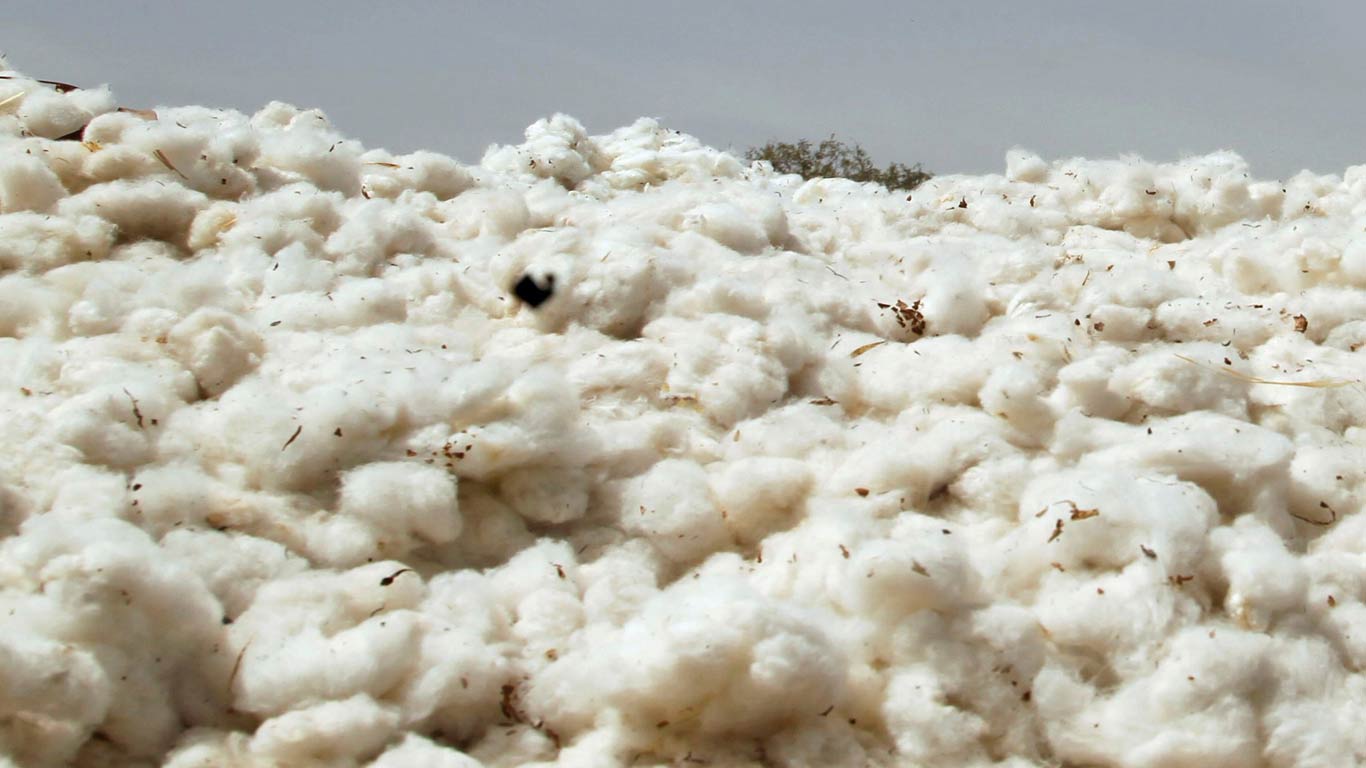Coronavirus infects global supply chain; textile & apparel industry hit as well
Updated: Feb 20, 2020 11:36:02am

Coronavirus infects global supply chain; textile & apparel industry hit as well
New Delhi, Feb 20 (KNN) The outbreak of the coronavirus has not only affected the health of the people and taken many lives in China but also affected the textile & apparel industry across globe, with both pros and cons. China plays a core role in the global supply chain.
Clothing Manufacturers Association of India (CMAI) analysed the impact of the Coronavirus on the Indian textile industry and shared its views.
Everyone is aware of the impact of Coronavirus. The deadly virus has been declared a global health emergency. The prevailing situation in China along with the uncertainty of production commencing is posing a major issue for Indian manufacturers who are dependent on the supply of raw materials from China.
Meanwhile, global apparel brands will have to look at alternate manufacturing destinations such as India.
Talking about India’s Yarn exports to China have been reduced. On an average, India exports 20-25 million kilograms of cotton yarn a month to China.
Cotton yarn prices have fallen by 3-4% in domestic market as traders anticipate a curtailed demand from China due to the prevailing situation there. Further prolonging of the coronavirus will result in a decline in China’s imports of cotton yarn and hence impact the cotton yarn export business of India.
India imports USD 460 million worth of synthetic yarn and USD 360 million worth of synthetic fabric from China annually. It also imports over USD 140 million worth of accessories like buttons, zippers, hangers and needles.
Chinese textile factories have halted operations since the Chinese New Year. If the outbreak continues, Indian garment manufacturers will need to look at other alternatives, including local sourcing, which in turn may increase the finished goods cost by 3-5%.
Due to coronavirus outbreak, the global demand for protective masks has increased. On January 31st, 2020, the Indian government banned exports of all personal protection equipment, including clothing and masks to avoid any shortage of it in India. However, almost a week later, this ban was lifted in order to help China battle the disease.
China is importing large quantities of medical protective gears including surgical masks and protective clothing across the globe. The sale of such products in other South-East countries and even western nations has increased drastically. The supply of such products is not able to keep up with the demand.
Indian government provided a major relief to synthetic yarn manufacturers in India by abolishing the 2.5% anti-dumping duty on Purified Terephthalic Acid (PTA) in order to strengthen the country’s synthetic textile industry.
During the month of January, buyers from Europe and USA generally travel to China to negotiate with garment exporters for the next season. However, due to the coronavirus scare, most of the buyers are looking at alternatives.
One factor that still plays in favour of China is that a number of companies have already produced their garments for the spring and summer season. Workers often go home on vacations around Chinese New Year just ahead of the outbreak, so companies plan for a production slowdown around this time.
However, if the situation prevails for the next couple of months, buyers will be forced to seriously explore other options where Bangladesh and India stands to gain ahead of Vietnam, Cambodia or any other S. East Asian supplier.
India scores ahead as it has a complete supply chain but the flip side of this is that Indian garment manufacturers neither have the scale nor the cost competitiveness to present themselves as credible alternate. (KNN/SS)
---------------------
---------------------











